THINK BIG AND WIN BIG
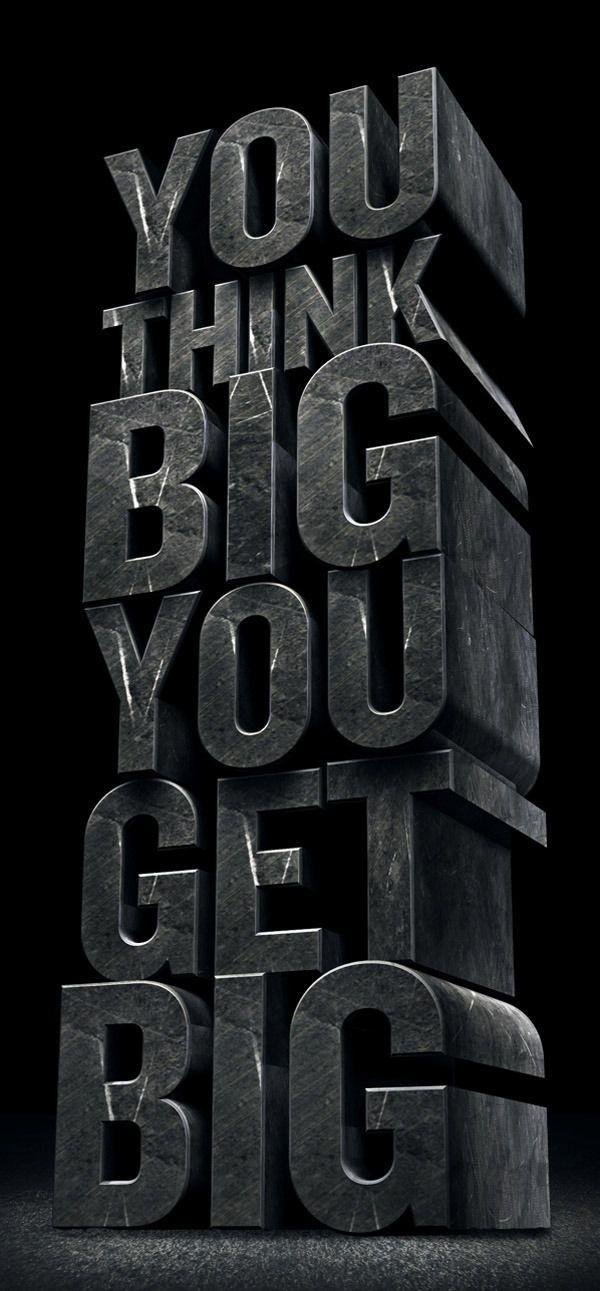
RECENTLY I chatted with a recruitment specialist for one of the states's promising industrial organizations. Twice each
year she visits tertiary campuses to recruit graduating seniors for her company's junior executive training program. The tenor of
her remarks indicated that she was discouraged about the attitudes of many people she talked with.
"Most days I interview between eight and twelve college seniors, all in the upper third of their class, all at least mildly interested in coming with us. One of the main things we want to determine in the screening interview is the individual's motivation. We want to find out if he or she is the kind of person who
can, in a few years, direct major projects, manage a branch office or plant, or in some other way make a really substantial contribution to the company.
"I must say I'm not too pleased with the personal objectives of most of those I talk with. You'd be surprised," she went on, "how many twenty-two-year-olds are more interested in our retirement plan than in anything else we have to offer. A second
favorite question is "will I move around a lot?" Most of them seem to define the word success as synonymous with security. Can
we risk turning our company over to people like that?
"The thing I can't understand is why should young people these days be so ultraconservative, so narrow in their view of the future? Every day there are more signs of expanding opportunity. This country is making record progress in ICT and Industrial development. Our population is gaining rapidly. If there ever was a time to be bullish about Nigeria, it is now."
The tendency for so many people to think small means there is much less competition than you think for a very rewarding career.
Where success is concerned, people are not measured in inches or pounds or college degrees, or family background; they are measured by the size of their thinking. As was said by neil barringham, the grass is greener where you water it.
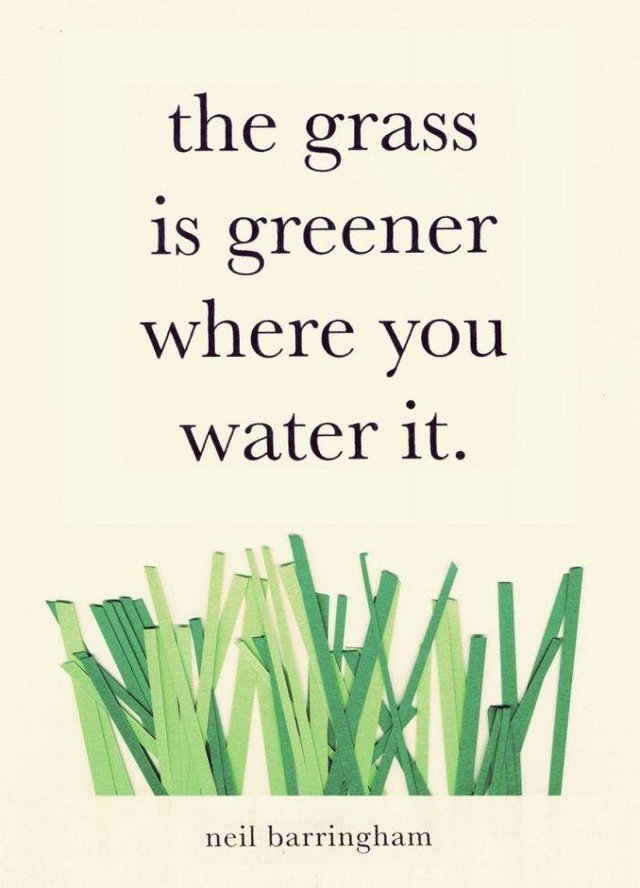
How big we think determines the size of our accomplishments. Now let's see how we can enlarge our thinking.
Ever ask yourself, "What is my greatest weakness)" Probably the greatest human weakness is self-depreciation; that is, selling
oneself short. Self-depreciation shows through in countless ways.
John sees a job advertisement in the paper; it's exactly what he would like. But he does nothing about it because he thinks, "I'm not good enough for that job, so why bother?" Or Tobi wants a date with ogechi, but he doesn't call her because he thinks he wouldn't rate with her. Emmanuel feels Mr. Akpabio would be a very good prospect for his product, but Emmanuel doesn't call. He feels Mr. Akpabio is too big to see him. Esther is filling out a job application form. One question asks, "What beginning salary do you expect)" Esther puts down a modest figure because she feels she really isn't worth the bigger sum that she would like to earn.
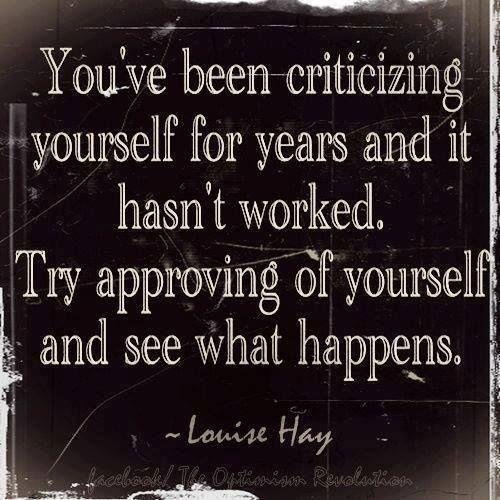
Philosophers for thousands of years have issued good advice: Man, Know thyself. But most people, it seems, interpret this suggestion to mean Know only thy negative self. Most self-evaluation consists of making long mental lists of one's faults, shortcomings and inadequacies.
Well, without mincing words, it's okay to know our inabilities, for this shows us areas in which we can improve. But if we know only our negative characteristics, we're in a mess. Infact we make a mess of our creator who made all things good in its time! Our value is small.
Here is an exercise to help you measure your true size.
1. Determine your five chief assets.
Invite some objective friend to help--possibly your wife, your superior, a professor - some intelligent person who will give you an honest
opinion. (Examples of assets frequently listed are education, experience, technical skills, appearance, well-adjusted home life, attitudes, personality, initiative.)
2. Next, under each asset, write the names of three persons you know who have achieved large success but who do not have this asset to as great a degree as you.
When you've completed this exercise, you will find you outrank many successful people on at least one asset. There is only one conclusion you can honestly reach: You're
bigger than you think. So fit your thinking to your true size. Think as big as you really are! Never, never, never sell yourself short!
The person who says "adamant" when in plain talk he means "immovable" or says "coquette" when we would understand him better if he said "flirt" may have a big vocabulary. But does he have a big thinker's vocabulary? Probably not. People who use difficult, high-sounding words and phrases that most folks have to strain themselves to understand are inclined to be overbearing and stuffed shirts. And stuffed shirts are usually small thinkers.
The important measure of a person's vocabulary is not the size or the number of words he uses. Rather, the thing that
counts, the only thing that counts about one's vocabulary; is the effect his words and phrases have on his own and others' thinking.
Here is something very basic: We do not think in words and phrases. We think only in pictures and/or images. Words are the
raw materials of thought. When spoken or read, that amazing instrument, the mind, automatically converts words and phrases
into mind pictures. Each word, each. phrase, creates a slightly different mind picture. If someone tells you, "Bola bought a new
Phone," you see one picture (possibly just a random phone). But if you're told, "Bola bought a new RR sport (RangeRover)" you see another picture. The mind-pictures we see are modified by the kinds of words we use to name things and describe things.
Look at it this way, When you speak or write, you are, in a sense, a projector showing movies in the minds of others. And the pictures you create determine how you and others react. Suppose you tell a group of people, "I'm sorry to report we've failed." What do these people see? They see defeat and all
the disappointment and grief the word "failed" conveys. Now suppose you said instead, "Here's a new approach that I think will work." They would feel encouraged, ready to try again. Suppose you say, "We face a problem." You have created a picture in the minds of others of something difficult and unpleasant to solve. Instead say, "We face a challenge," and you create a mind picture of fun, sport, something pleasant to do.
Or tell a group, "We incurred a big expense," and people see money spent that will never return. Indeed, this is unpleasant. Instead say, "We made a big investment," and people see
a picture of something that will return profits later on, a very pleasant sight.
The point is this: Big thinkers are specialists in creating positive, forward-looking, optimistic pictures in their own minds and in the minds of others.
To think big, we must use words and phrases
that produce big, positive mental images.
FOUR WAYS TO DEVELOP THE BIG THINKER'S VOCABULARY
Here are four ways to help you develop a big thinker's vocabulary.
1. Use big, positive, cheerful words and phrases to describehow you feel.
When someone asks, "How do you feel today?" and you respond with an ''I'm tired (I have a headache, I wish it were Saturday, I don't feel so good)," you actually make yourself feel worse. Practice this: it's
a very simple but, but it has tremendous power. Every time someone asks you, "How are you)" or "How are you feeling today?" respond with a "Just wonderful! thanks, and you)" or say "Great" or "Fine." Say you feel wonderful at every possible opportunity, and you will begin to feel wonderful-and bigger, too. Become known as a person who always feels great. It wins friends.
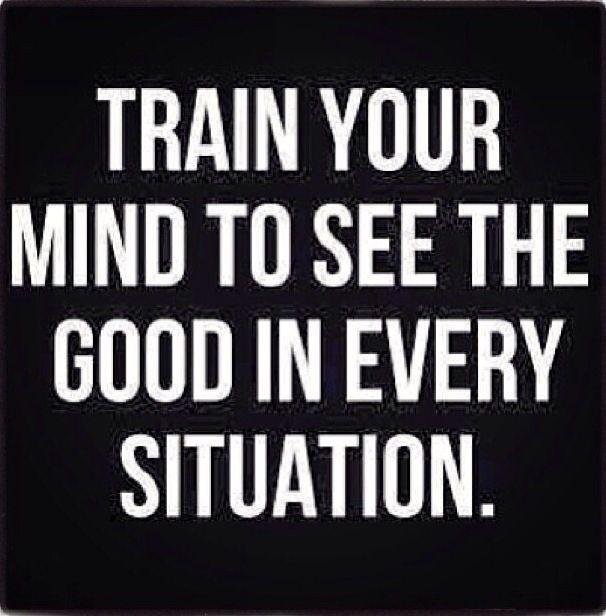
I share a story of my mum. Ever since she learnt to be positive by saying "congratulations" to everyone she discuses with, (most times even when there is really nothing to congratulate this person for) it has become her testimony in the sense that, in just a space of 7years, she has had 3 University Graduates for which she continuously receives congratulatory messages from all corners. Lesson: "what you say, you become!"
2. Use bright, cheerful, favorable words and phrases to describe other people.
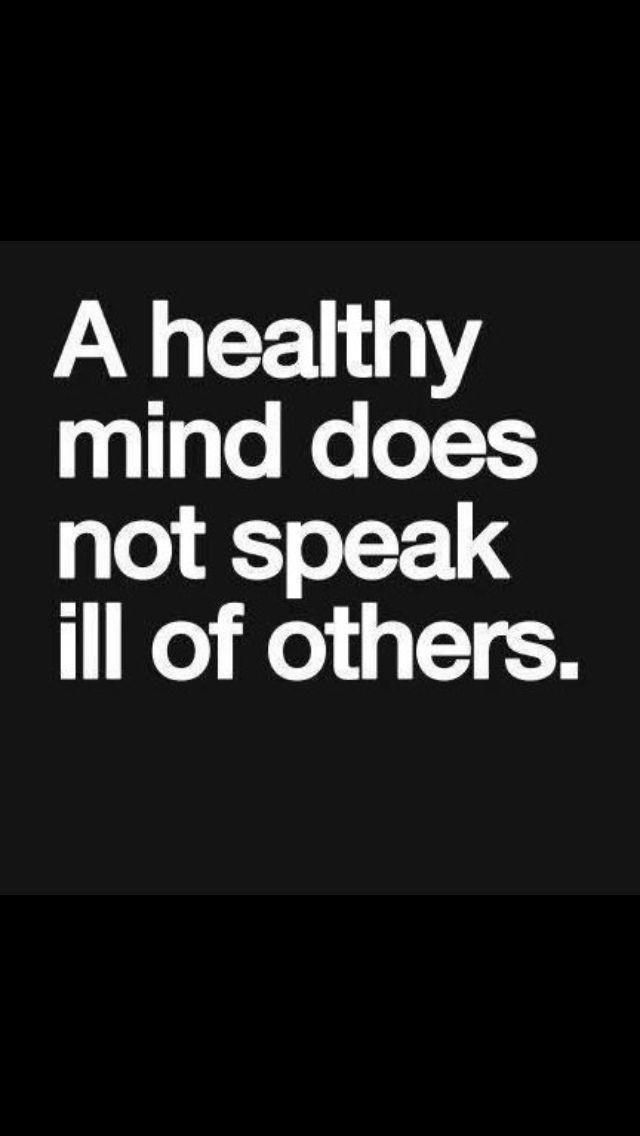
Make it a rule to have a big, positive word for all your friends and associates. When you and someone else are discussing an absent third party, be sure you compliment him with big words and phrases like
"He's really a fine fellow;" "They tell me he's working out wonderfully well." Be extremely careful to avoid the petty cut-him-down language. Sooner or later third parties hear
what's been said, and then such talk only cuts you down.
3. Use positive language to encourage others.
Compliment people personally at every opportunity, Everyone you know.craves praise. Have a special good word for your wife or husband every day. Notice and compliment the people who work with you. Praise, sincerely administered, is a success
tool. Use it! Use it again and again and again. Compliment people on their appearance, their work; their achievements,
their families. I and my friends call this "Washing".
4. Use positive words to outline plans to others.
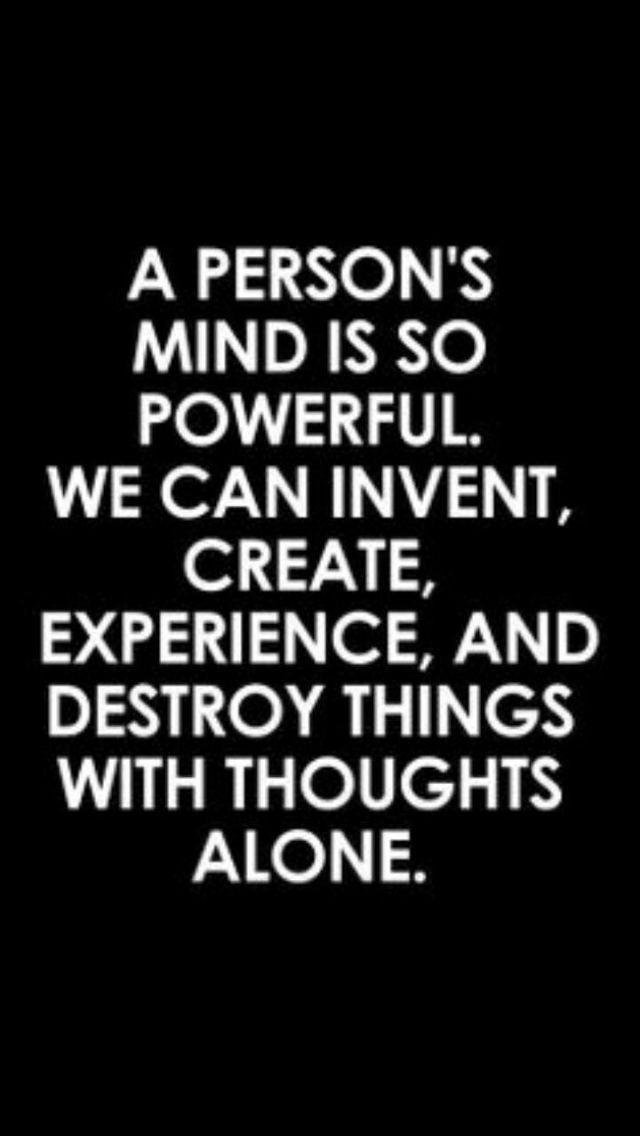
When people hear something like this: "Here is some good news. We face a genuine opportunity ... " their minds start to sparkle. But when they hear something like "Whether we like it or not, we've got a job to do," the mind movie is dull and boring, and they react accordingly. Promise victory and watch eyes light up. Promise victory and win support. Build castles, don't dig graves!
#ThinkBigToday!
Disclaimer This article does not and in no way, supports or advocates any form of deception. "As a man thinks in his heart, so is he."
Feel free to resteem with friends and Foes alike.
This is food for tought. How big we think determines our destinations in life👏👏👏
Real food for thought sir. Thanks
How big we think determines the size of our accomplishments. Nice one!
Awesome.. It means alot hearing this from my mentor
Good writing bro